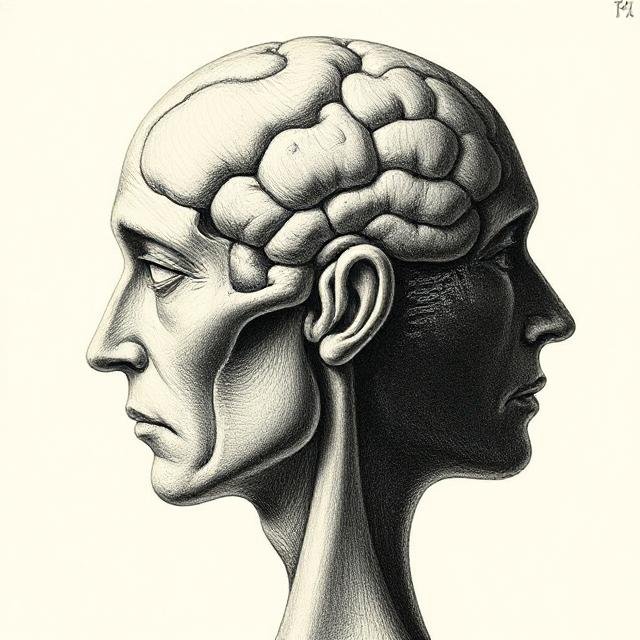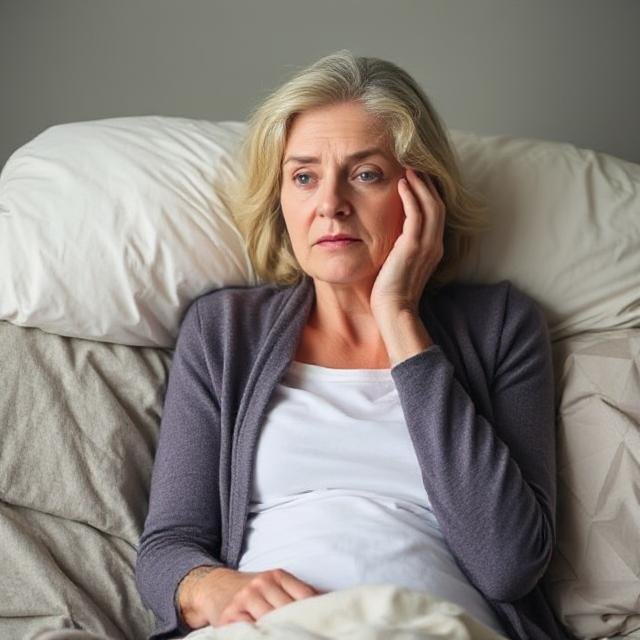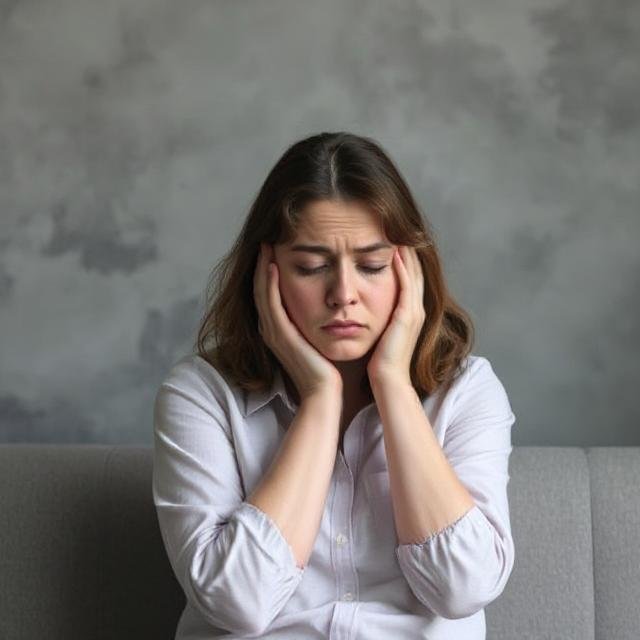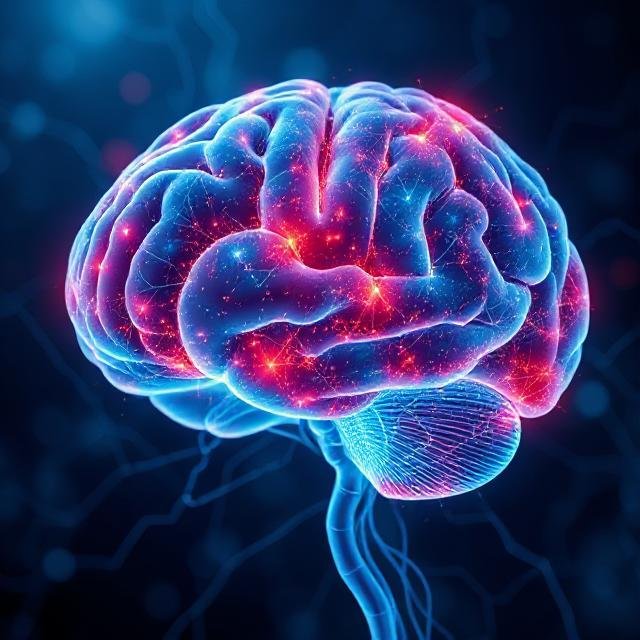Anxiety
- soulsunleashed
- July 11, 2025
Diagnostic and Statistical Manual of Mental Disorders (DSM): Overview
FREQUENTLY ASKED QUESTIONS
What are the common signs of anxiety?
How is anxiety different from stress?
Can anxiety be prevented?
Are there natural remedies for anxiety?
KEY TERMS
Symptoms and Types of Anxiety Disorders
Physical Symptoms: Increased heart rate, sweating, trembling, dizziness.
Cognitive Symptoms: Excessive worry, difficulty concentrating, constant fear of impending doom.
Behavioral Symptoms: Avoidance of certain situations, restlessness, irritability.
Common types of anxiety disorders include
Generalized Anxiety Disorder (GAD): Characterized by excessive and uncontrollable worry about various aspects of life.
Panic Disorder: Involves recurrent and unexpected panic attacks, leading to persistent concern about future attacks.
Social Anxiety Disorder: Marked by intense fear of social situations and being judged by others.
Emerging Treatments and Therapies
Somatic Therapies: Techniques like breathwork, EMDR (Eye Movement Desensitization and Reprocessing), and vagus nerve stimulation focus on the body’s physical response to anxiety, aiming to alleviate symptoms through physiological regulation .
Digital Therapeutics: The FDA has approved DaylightRx, a prescription digital therapeutic delivering cognitive behavioral therapy for Generalized Anxiety Disorder (GAD) in adults aged 22 and older .
Nutritional Supplements: Research suggests that magnesium and vitamin D play significant roles in managing anxiety. Low levels of these nutrients are associated with increased anxiety risk, and supplementation may reduce symptoms .
Global Trends and Future Outlook
Social Media Influence: Increased exposure to social media can lead to comparison, cyberbullying, and disrupted sleep patterns, all contributing to heightened anxiety.
Economic Uncertainty: Financial instability and concerns about the future can exacerbate feelings of anxiety.
Pandemic Aftermath: The COVID-19 pandemic has left lasting effects on mental health, with many individuals experiencing prolonged anxiety symptoms.









